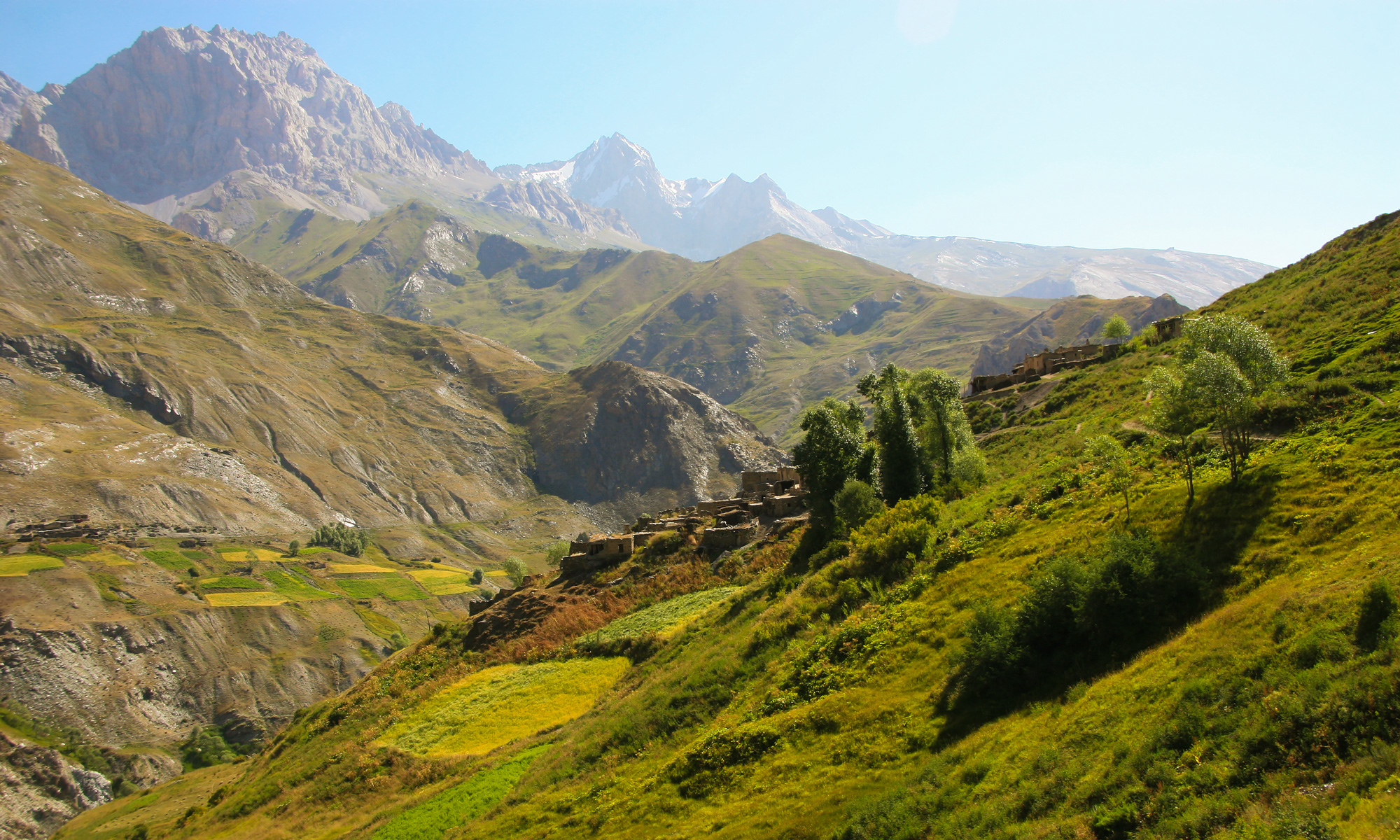Every time one person tells the truth of what happened, the silence breaks a little more.
This post begins a series.
A series of voices — some quiet, some fierce — returning to the surface after decades of being buried by geography, politics, and time. These are the stories of Yaghnobi people: their forced departure from the mountains in 1970, their exile in the lowlands, and, later, their return — sometimes triumphant, often difficult, always deeply human.
We share these stories not only to preserve memory, but to reckon with it.
Too often, “development” has been narrated as progress without pause — a language of maps, budgets, plans, and paved roads. But the story of Yaghnob complicates that narrative. It reminds us that development has consequences when communities are not given a choice. That modernity, when imposed rather than invited, can be a form of erasure. That culture and ecology are not obstacles to be overcome — but wisdoms to be listened to.
The deportation of the Yaghnobi people in 1970 — justified by the state as a “protective” measure — led to the loss of lives, traditions, and language. And yet, even within that loss, something endured. In these interviews, we hear of fathers returning with their families on foot, of children learning their grandparents’ tongue, of broken walls rebuilt with borrowed tools. We hear questions of identity — not just who am I, but where am I from, and how can I return?
These stories are not just personal memories — they are mirrors. They reflect broader issues: the ethics of displacement, the fragility of minority languages, the legacy of authoritarian modernization. And they ask us to slow down — to reconsider what it means to live well, to remember well, and to rebuild with dignity.
“To be Yaghnobi Is to Choose the Mountains Again”— Shahob, returnee
This project is not about nostalgia. It is about justice. It is about the right to stay, the right to return, and the right to be heard — even decades after the world stopped listening.
Whether you’re a researcher, a development worker, a descendant of Yaghnob, or a first-time reader: we invite you to pause with these stories. Read them not just as testimonials of the past, but as seeds for future questions.
What does healing look like after forced migration?
What happens when youth are caught between memory and survival?
What could it mean to preserve a valley — not just in law, but in spirit?
We’ll begin with voices of return — from those who came back with nothing but their language, their grief, and their will to rebuild.
One story never stands alone.
